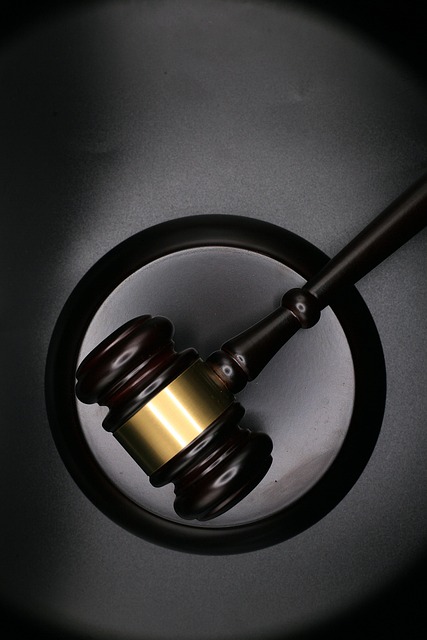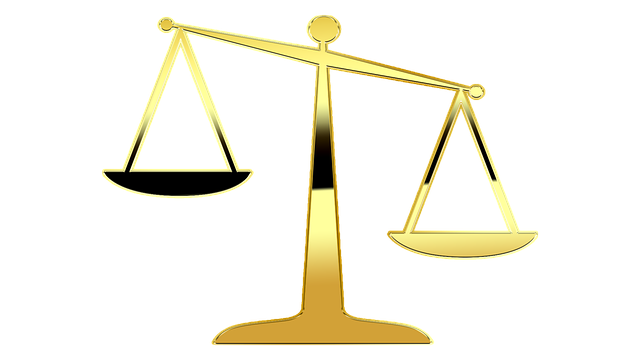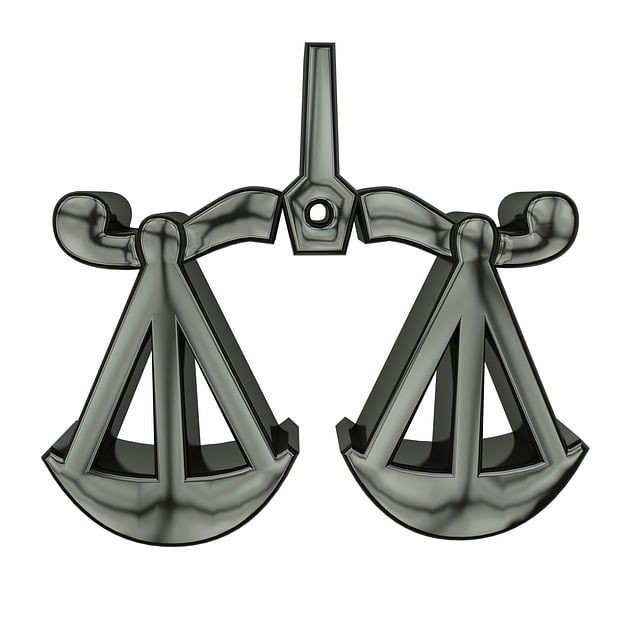Regulatory fraud laws are essential for maintaining ethical business practices and fair competition. These laws cover deceptive acts like financial manipulation, false advertising, etc., with severe penalties. Businesses must understand their scope to implement effective controls. For those facing fraud allegations, a robust criminal defense strategy, including challenging evidence and procedural protections, is crucial. Best self-defense tactics involve thorough investigations, understanding regulatory frameworks, and expert evidence interpretation. Proactive measures like data security, employee training, and compliance programs can significantly reduce the risk of white-collar crimes. Case studies show that utilizing these laws proactively strengthens defendants' positions in trials. Companies with robust compliance often face reduced penalties. This strategic approach, focusing on best self-defense tactics in criminal cases, enhances reputations and navigates legal proceedings with confidence.
In today’s complex business landscape, understanding regulatory fraud laws is paramount. This comprehensive guide explores the intricate world of these laws, their impact on industries, and the strategies businesses can employ for self-defense. From identifying common types of regulatory fraud to crafting robust defense strategies, we provide insights into navigating criminal cases effectively. Additionally, real-world case studies highlight successful applications of regulatory fraud laws, offering valuable lessons in best self-defense tactics for businesses facing legal challenges.
- Understanding Regulatory Fraud Laws: A Comprehensive Overview
- Common Types of Regulatory Fraud and Their Impact
- Self-Defense Tactics for Businesses: Proactive Measures
- Building a Strong Defense Strategy in Criminal Cases
- Case Studies: Effective Use of Regulatory Fraud Laws in Practice
Understanding Regulatory Fraud Laws: A Comprehensive Overview

Regulatory fraud laws are designed to protect the integrity of business practices and ensure fair competition. These laws cover a wide range of activities, from financial misreporting to false advertising, and can have severe consequences for individuals and organizations found guilty. Understanding these regulations is crucial, especially as businesses navigate an increasingly complex regulatory environment. By comprehending the scope and implications of regulatory fraud, companies can implement robust internal controls and compliance strategies to safeguard against potential legal issues.
For those facing allegations of fraud, it’s essential to know that the best self-defense tactics in criminal cases often involve a comprehensive general criminal defense strategy. This may include challenging the evidence presented, exposing inconsistencies, and leveraging procedural protections. Avoiding indictment is not always possible, but proactive measures can significantly mitigate risks and ensure that rights are protected throughout jury trials.
Common Types of Regulatory Fraud and Their Impact

Regulatory fraud encompasses a wide range of deceptive activities designed to manipulate and evade laws and regulations. Common types include financial statement manipulation, where businesses or individuals distort financial records to appear more profitable; bid-rigging, where companies collude to fix prices and allocate contracts; and false advertising, involving misleading claims about products or services. These practices have severe consequences, not only for the immediate victims but also for the broader economy.
White collar defense attorneys play a crucial role in helping individuals and businesses navigate these complex cases. By employing best self-defense tactics in criminal cases, they aim to achieve extraordinary results. A robust general criminal defense strategy involves thorough investigation, understanding of regulatory frameworks, and expert interpretation of evidence. This ensures that the rights of those accused are protected while upholding the integrity of regulatory systems, ultimately fostering a fair and just society.
Self-Defense Tactics for Businesses: Proactive Measures

In today’s complex legal landscape, businesses must adopt proactive measures to safeguard against regulatory fraud, using what are often referred to as the best self-defense tactics in criminal cases. These strategies aren’t just about responding to accusations; they involve implementing robust internal controls and compliance programs that can deter potential criminals from targeting your organization. By fostering a culture of ethics and transparency, businesses can significantly reduce the risk of white collar crimes across the country.
Effective self-defense tactics encompass all stages of the investigative and enforcement process. From robust data security measures to thorough employee training on regulatory requirements, these proactive steps act as formidable barriers against fraud. Businesses that prioritize these measures not only protect themselves but also contribute to maintaining fairness and integrity in their industries, setting a precedent for others to follow.
Building a Strong Defense Strategy in Criminal Cases

In the face of regulatory fraud accusations, crafting a robust defense strategy is paramount to achieving a favorable outcome in criminal cases. The best self-defense tactics involve meticulous preparation and leveraging legal loopholes while adhering to ethical boundaries. A well-rounded approach should encompass thorough fact-finding, expert witness testimony, and a comprehensive understanding of applicable laws. By presenting compelling evidence and plausible arguments, defense attorneys can challenge the prosecution’s case, exposing any weaknesses or inconsistencies that could lead to winning challenging defense verdicts.
Beyond legal tactics, building trust with the jury is instrumental in securing positive outcomes during jury trials. Effective communication, clear presentation of facts, and a respectful demeanor foster an environment conducive to rational decision-making. An unprecedented track record of successful defenses underscores the proficiency of the legal team, instilling confidence in their ability to navigate complex regulatory fraud cases and protect the rights of the accused.
Case Studies: Effective Use of Regulatory Fraud Laws in Practice

In recent years, regulatory fraud laws have emerged as powerful tools in combating white-collar and economic crimes. These laws provide an effective self-defense mechanism for both individuals and organizations facing allegations. Case studies illustrate that proactive use of such legislation can significantly strengthen a defendant’s position in jury trials. For instance, companies found to have implemented robust compliance programs and internal controls often face reduced penalties due to their efforts to prevent fraudulent activities.
This strategic approach demonstrates the best self-defense tactics in criminal cases, where organizations take responsibility for addressing vulnerabilities within their systems. By presenting well-documented evidence of regulatory adherence and risk management strategies, companies can navigate legal proceedings with more confidence. This proactive stance not only minimizes financial exposure but also enhances a company’s reputation by showcasing its commitment to ethical practices.
In conclusion, regulatory fraud laws are pivotal tools for upholding integrity within industries. By understanding these laws, identifying common fraudulent practices, and implementing proactive self-defense tactics, businesses can fortify their defenses. The case studies presented highlight the effective use of regulatory fraud legislation, demonstrating its potential to deter, investigate, and punish fraudulent activities. For those facing criminal cases, adopting the best self-defense tactics in criminal cases is essential to navigating this complex landscape and ensuring a just outcome.






